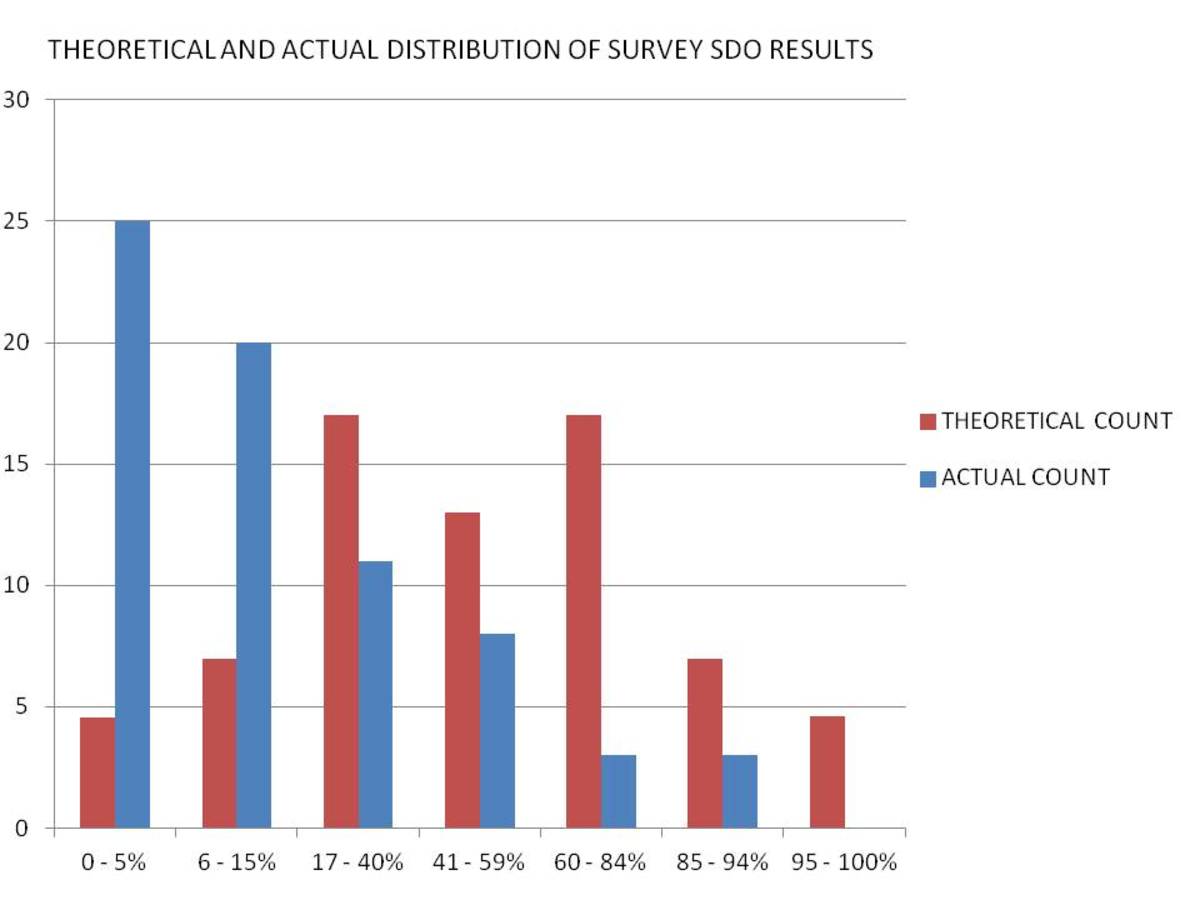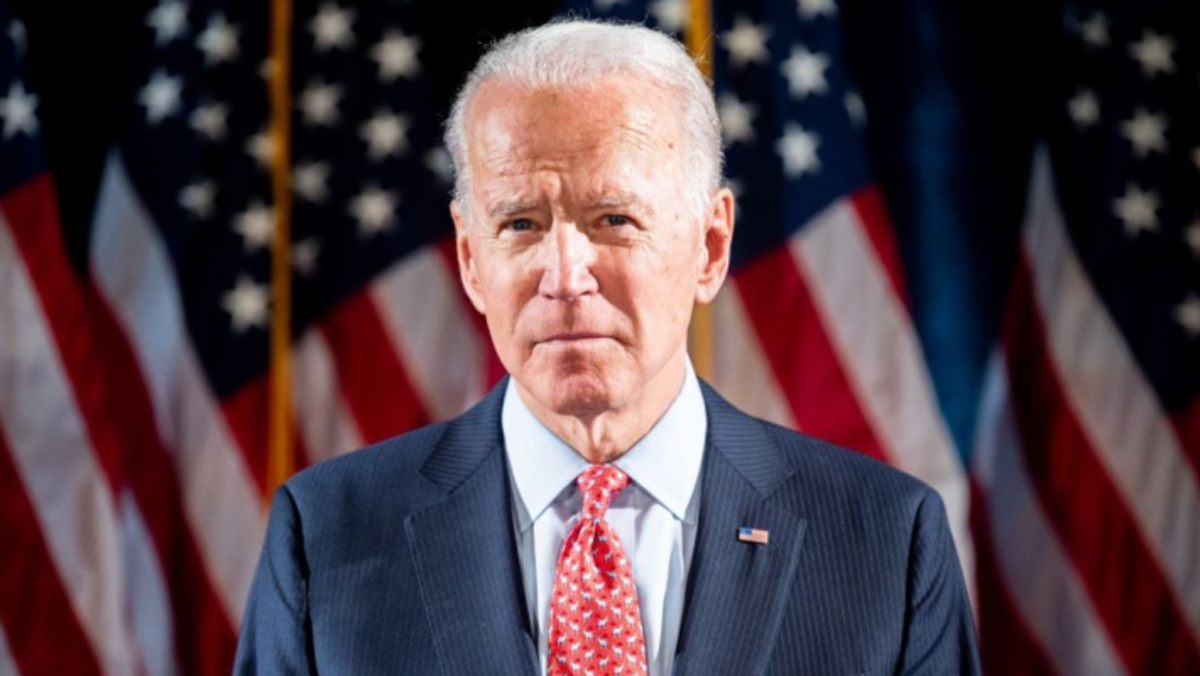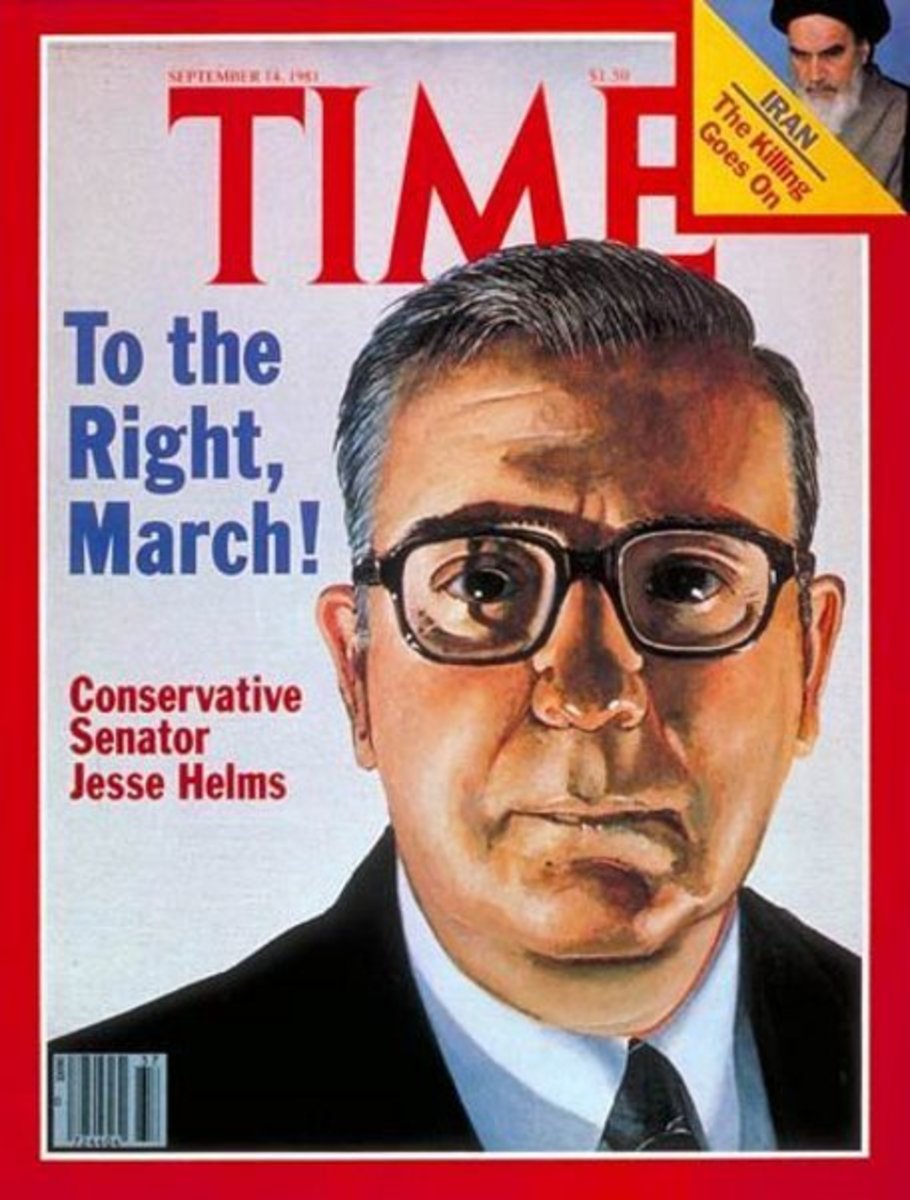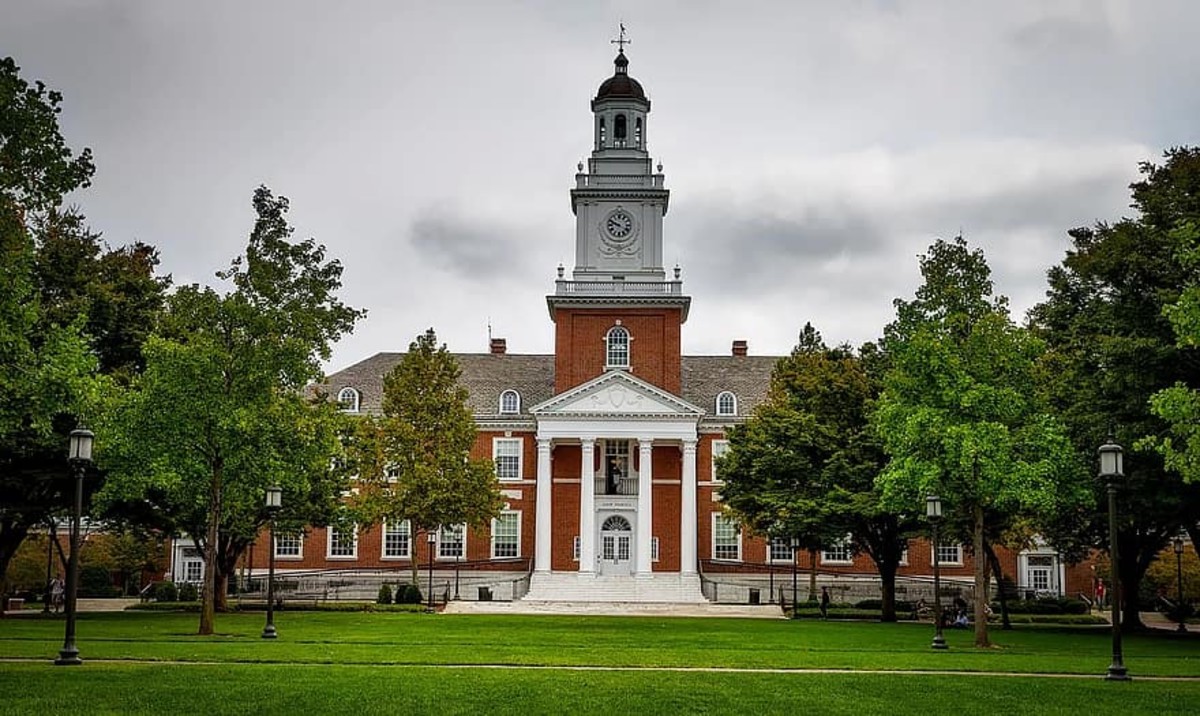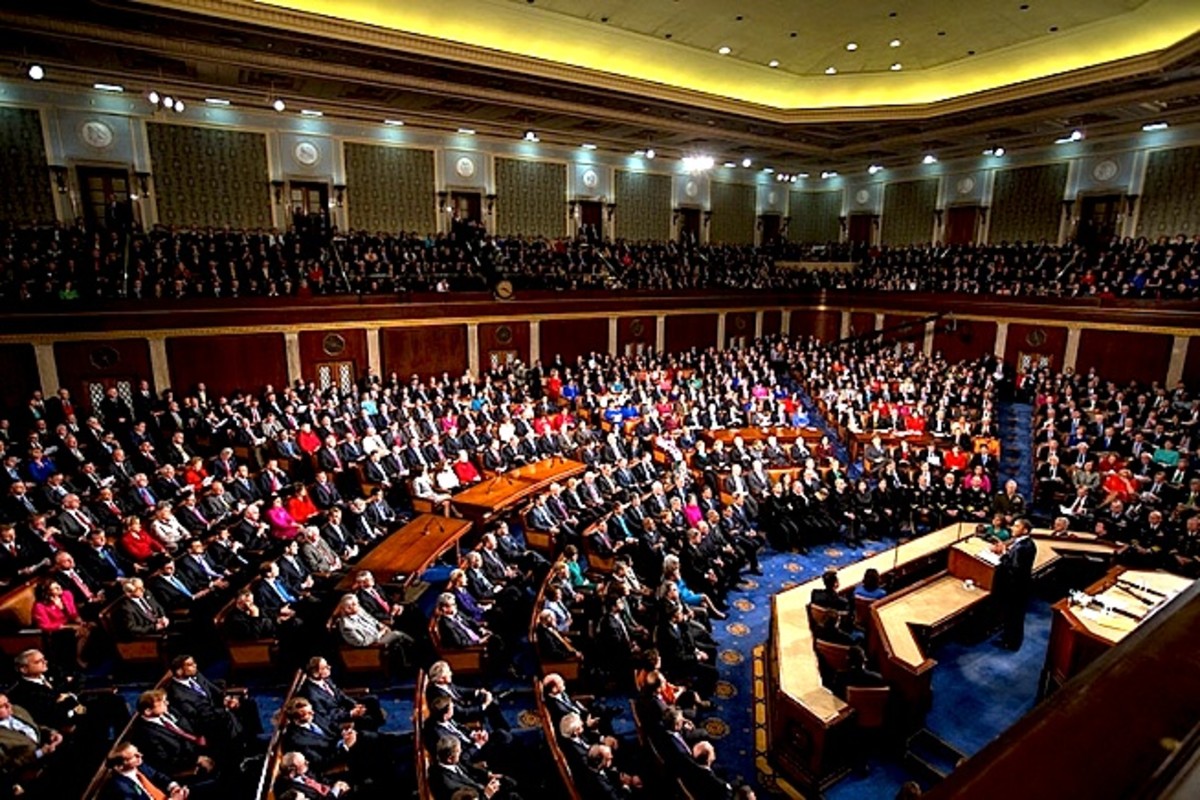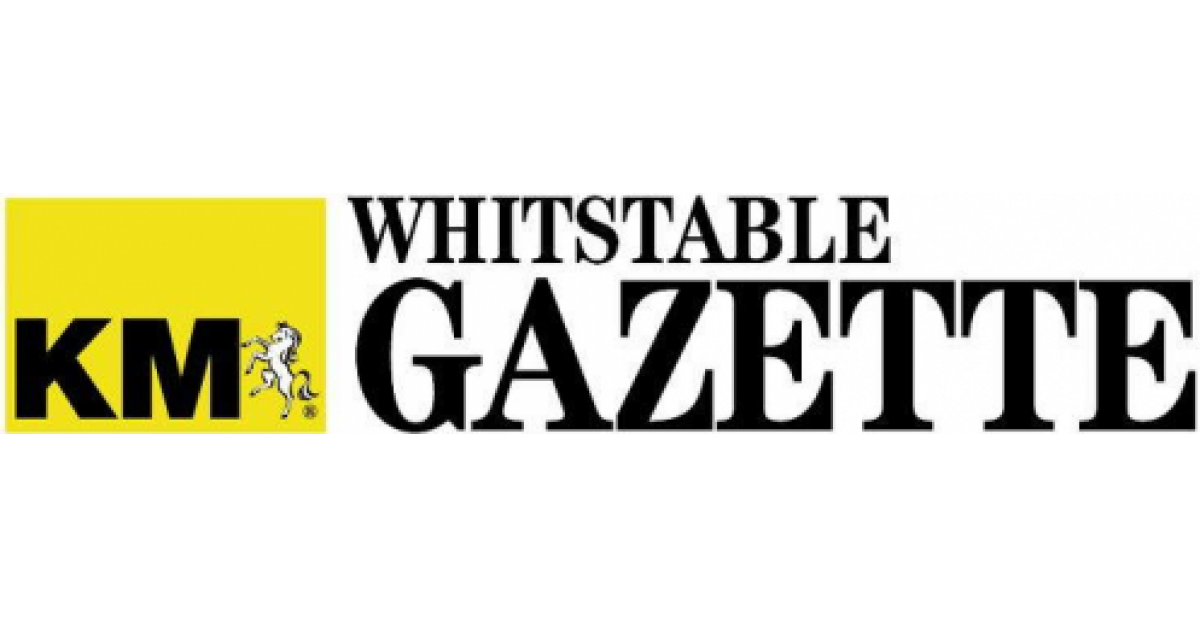Canada’s historic 2015 election.
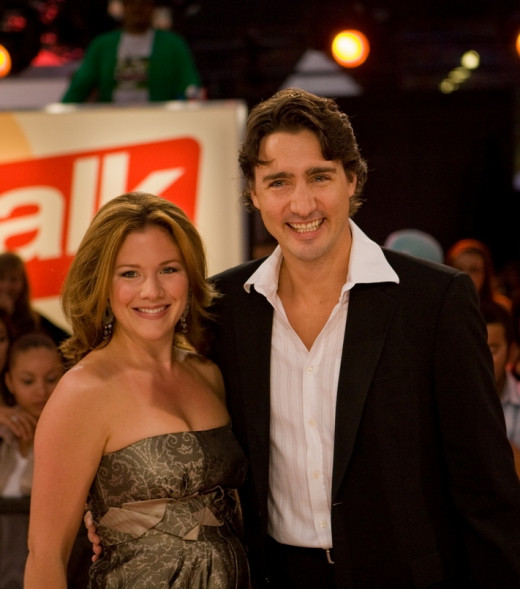
Our recent historic election has a lot of people scratching their heads wondering why we got the result we did.
One writer in the Ottawa Sun, a decidedly conservative paper, lamented that this election was based on feeling, not fact. I would like to ask him if he knows of any election that wasn’t based mostly on feelings. The feelings of the public are what drive all elections.
The ruling conservatives banked on it with attack add after attack add warning us: “He’s just not ready.”
Fortunately they didn’t work.
The reason they didn’t work was because people wanted change. Harper, the outgoing PM was shocked that Canada had chosen a planned deficit and higher taxes for the wealthiest one percent, over a balanced budget and lower taxes; which is really what conservatism is all about.
But was that what people voted for? Was that the choice they based their votes on? Hardly.
First, a little background:
Conservatism is about smaller government, balanced budgets, and lower taxes. At least it is in principal. Not a bad stand point as it goes. We’d all like lower taxes.
But conservatism is also about the conservation of tradition. In the beginning it strove to keep the classes separate. That was called aristocratic conservatism which thought the classes were natural human divisions, and that all people were not created equal. Not so anymore in democratic countries, though Reagan’s trickledown theory was very much the sentiment of the upper ruling class of England back in the day.
Conservatives don’t like change. They don’t like abortion, gay rights, legalization of pot, or extending any new civil rights. That’s why American conservatives get along so well with the fundamentalist Christians there.
Harper’s conservatism in Canada wanted to be tough on crime, build more prisons, give out mandatory sentences, even though experts say crime is declining and there is just no need.
In Canada we’ve always lived up to our international commitments, but since Lester B Pearson we did it through peace keeping. He was a Liberal and a Nobel peace prize winner. Since Steven Harper’s conservatives took over we have more and more taken on a combat role Canadians aren’t always comfortable with. Because we are a multi cultural society many of us think we need to stay relatively neutral, avoiding as we have in the past, international conflicts which heighten our security concerns, and offer instead help in humanitarian and peace keeping ways. That’s part of our national identity. The identity Harper wanted to alter.
Historically each party has its bragging rights and Conservatives have theirs. After all, the father of our country, Sir John A McDonald, was a Conservative, all be it what they called liberal-conservatism, having taken on the liberal notion of equality, rule of law, etc.
The NDP are the far left. They have yet to form government federally, though they have been and are in power provincially with mixed results. Federally, however, they have played an important role, greatly influencing minority governments and adding greatly to the fabric of this nation’s identity, helping bringing us social programs like our Medicare system. Canadians know it’s not perfect, but the vast majority of us wouldn’t be without it. For countless Canadians it has saved their lives and saved them from financial ruin as well.
While Conservatives are all about conserving tradition, capitalism, and smaller government, and Socialism is about social programs and sharing the wealth, Liberalism in Canada is the middle of the road, trying to be the best of both worlds. It also is the party of civil rights.
Pierre Trudeau shook the conservative elements when he said: “Government has no business in the bedrooms of the nation.” He was talking about abolishing laws that made homosexuality illegal. He brought home our constitution, and gave us our Charter of rights and freedoms, a bill of rights to rival the one Americans have been so proud of since their inception. A bill that mandates/expands, and enforces the multiculturalism queen Victoria initiated to try to get French and English to get along as one people here, even though they had such a hard time getting along in Europe.
Trudeau also gave us bilingualism and the metric system to tie us more closely to Europe. Not something the conservative element appreciates even now, and goodness knows it wasn’t an easy road, and he never got Quebec to sign on to the new constitution because they insisted on special status.
His vision was: “A fair and just society.”
So how did we get here? Perhaps that will tell us why this election turned out as it did.
As I said, Trudeau gave us the ability to amend our own constitution. That and the charter set Canada on a brand new course. But not everyone was happy with the sweeping changes, nor their cost. When Trudeau retired, John turner became PM for three months.
Brian Mulroney became PM in 1984. He was a “Progressive Conservative” who wanted to make his mark on Canada by giving us free trade with the US, and bringing Quebec to the table to sign the new constitution.
By 1993 he had secured a free trade deal not everyone was happy with, he had brought in the hated goods and services tax, and dragged Canada through so much constitutional wrangling the country was sick of it, and he still couldn’t get Quebec on board. The separatists were gaining power by the minute. As was the west’s Reform party.
He retired near the end of his second term because it was the general consensus that the PC party couldn’t win with him at the helm with a 21 percent approval rating. Kim Campbell became PM for the next five months. Our first and only female PM. The conservative defeat in the next election was so complete the conservatives were all but wiped out.
Jean Chrétien took over for the liberals and was uncontested for almost 12 years because the PC party was all but dead, the Block was only representing Quebec, and the Reform party was only representing the west. All three parties were taking conservative votes from each other. The NDP was still too socialist for the majority of Canadians to trust. We had 12 relatively quiet years.
Chrétien managed to avert Quebec separation caused in part by Mulroney. Notwithstanding a couple scandals he had a good run and left office before the end of his term with an 8 billion dollar surplus, largely due to Paul Martin who became leader and Pm from 2003 to 2006.
That’s when the Reform Party and PC party finally merged to become just the Conservative Party, and its first leader was instrumental in merging the parties: Steven Harper, a Reform/Alliance Party member. Paul Martin won the first race against Harper, but lost a lot of seats and found himself in a minority government.
Next election he lost and Harper got a minority government. Paul Martin resigned as head of the liberals. Stephan Dion, architect of the clarity act which would force any question of separation in a referendum to be clear on its exact intent took over; but he didn’t click with the electorate. Two years or so in and the Conservatives were forced to call an election on a confidence vote. The results were the same minority and Dion resigned as leader 2008.
Then came Michael Ignatieff 2008 until 2011. It was thought his intellect and popularity as a writer and academic would give the Liberals a chance to beat Harper, but the people didn’t take to him either. Like Brian Mulroney, he would lead the Liberals into an election that would devastate the party, leaving it in third place for the first time in Canadian history, and see Harper get the Majority he’d always wanted.
One of the reasons for this was Jack Layton of the NDP who won the hearts of Quebec and others, propelling them into the place of official opposition for the first time in history, at the expense of the Liberals.
The NDP was becoming more central, moving away from their hard leftist roots. Sadly Jack died just a few months later.
There was talk of the liberals and NDP merging to avoid seat splitting in future, and defeat the Harper government; just as the PCs had merged with the Reform Party to oust the Liberals. But that’s no longer likely in the near future and is not something most Canadians want to see.
Bob Ray took over as interim leader until a leadership race could be held. Bob Ray led Ontario as Premiere for the NDP before he joined the federal Liberals. Unfortunately he didn’t make a lot of friends in Ontario and could never have defeated Harper.
The Liberal’s needed a leader that could capture the imagination of the people. It was just before Harper won his majority that I said on line and in conversation that if Trudeau ran for leader the Liberals would rise to power again. No not Pierre, his son Justin.
The Liberals must have agreed with me because even though he was reluctant at first, by the time a leadership convention was finally held, he agreed to run; and won the leadership.
That’s when the conservatives started their attack adds, well before there was even talk of another election. That’s also when Canada started to warm up to the liberals again.
When I first suggested Trudeau run, people asked me why. What had he done to show he could lead? I said: nothing. But before Harper became PM I could have asked conservatives the same thing. He was an unknown, which is why he couldn’t get a majority. This was no longer the traditional Progressive Conservatives. These were hard core Reform/Alliance party conservatives. People were a little scared, and rightly so.
But Harper was a one small change at a time type leader. He knew that if he wanted Canadians to trust him he had to move toward full conservatism slowly.
In his concession speech he said all he had ever wanted to do for Canadians was lower their taxes. But that was only the half off it. He did have an agenda. As we’ve learned over time he wanted to wipe out liberalism in this country.
Unfortunately Liberalism is the natural governing party of Canada.
What I mean by that is: Canadians are a bit conservative, a bit socialist, and quite liberal minded all at the same time. The Liberal party is that mix. At least it has been throughout our past, and that is its fundamental ideology.
All three parties together represent us very well, and each adds to the fabric of Canada and what it means to be Canadian. Each party individually has left its mark on society through leaders with vision. A vision to make Canada better, fairer and freer.
No party has done more in that regard than the Liberal Party, and no leader more so than Trudeau, who brought us our Charter of rights and freedoms which rivals any such document anywhere in the world. Because of it and the rest of our constitution we are arguably the freest nation in the world. And before him Pearson who brought us our flag, Canada pension plan, universal health care, abolished capital punishment, got us out of the war in Vietnam, and made us a peacekeeping force among other achievements.
To answer the question we started with: to begin with Canadians wanted another visionary. Justin “feels” like he is going fit the bill. They also wanted to “feel” Canadian again.
Harper ran his government on conservative ideology. A new conservatism for Canada. We tried it, and for many of us it left a bad taste in our mouths and made us almost miss the PC party. They were conservatives with a much more centralist demeanour.
And that is the danger for the conservatives today. Harper was too conservative for most of us, but not conservative enough for some of his support base. Should the hard core Reform party members split away from the small c conservatives again, Trudeau will be in power without much opposition for a very long time.
If the conservatives ever want to come to power again, they are going to have to stick together and become more like the old PC party again, much to the dismay of hard core members and supporters.
What about the NDP? They will continue to be an important part of the Canadian political landscape. And if the Liberals had not had Trudeau they might well have taken this election. As it was they lost most of their hard won seats because people knew splitting the left would result in another conservative victory; so the natural alternative was a vote for Trudeau.
It’s all about the leader. It really is. If the leader feels genuine, like Jack Layton did and like Justine Trudeau does; if the population feels they can trust him or her; if Canadians in general relate to their vision: they will become PM. Canada didn’t like Harper’s vision.
No, not the lower taxes vision, the ultra conservative vision. The muzzling of scientists, the oil based economy, the altering of our history, the desire to wipe out liberalism, his desire to divide us and pit us against each other, his attitude on the environment, on our role in the world, his attempt to change our identity; were all good reasons not to like his vision.
Trudeau promised to reverse all that and a couple days into the job and he’s already started by bringing back the long form census which Stats Canada and science in this country says it needs. He made a lot of promises he now has to keep, including getting our people out of combat situations in the Middle East, lowering taxes for the middle class, making child care benefits non-taxable, taking aboriginal issues seriously, helping vets get the help they need, legalizing and regulating pot, reforming the senate by making it less partisan, and a host of others.
With a majority government he should have no trouble keeping them all. We’re counting on it.
Harper said at the end of the campaign that this was not a popularity contest, but clearly it was.
And so much for poles which had all three parties neck to neck until the final days, predicting a minority government that could have gone to anyone.
But that’s one of Trudeau’s promises as well. To get a majority in our system one needn’t get a majority of the popular vote, only the majority of seats in the house. Less than 40 percent of the pop vote is often all it takes. We’re all wondering how Justin is going to find a remedy for that. All three parties promised to look in to it if elected. It’s a tall order; and a massive achievement if he succeeds.
Making politics less partisan, having every vote actually count, engaging the public and enhancing our democracy has always been on my wish list, and can only be good for our country.
I wish Justin all the best. And as I wrote to him long before he became leader of the Liberal party: We know you aren’t your father. We don’t expect the same from you as we did from him. We expect more. And I have no doubt he’s up to the task.
I think it’s a great era for Canada and its people.



